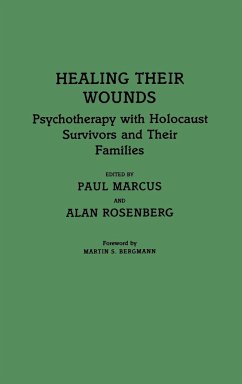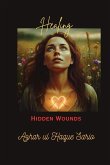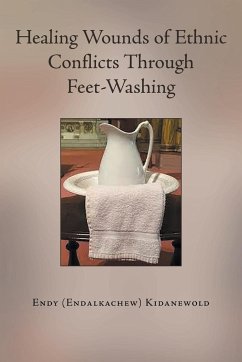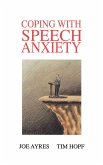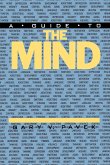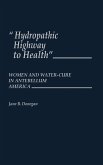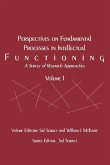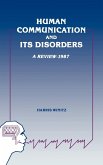A revelation and a source of hope. Background essays give a historical overview of how the early pessimistic concentration on pathology has given way to greater emphasis on survivors' adaptive potential and strengths. Many contributors stress the importance of remembering and facing the pain that memory brings, an emphasis shared by Jewish tradition. Jewish Chronicle This is the first comprehensive anthology on the psychological treatment of Holocaust survivors and their families. It covers the full range of current theoretical and therapeutic approaches. It is a major resource for the clinician working with Holocaust survivors and their children, persecuted and traumatized populations, and patients suffering from post-traumatic stress syndrome. The chapters are organized around differing perspectives--classical psychoanalytic, self-psychological, group, family, pastoral, empirical research, eclectic. The editors include writings not usually part of the mainstream and focus on relevant yet often unnoticed issues. This book gives its reader a good sense of how a discipline has struggled and evolved in its efforts to understand the impact of an historical event on its victims. The field's diversity of viewpoints and major controversies are put into sharp focus in this volume. It allows the reader--whether practicing clinician, academic researcher, or lay person--the opportunity to compare a wide range of approaches and draw conclusions. While primarily functioning as a resource, it will also serve as historical record to the Holocaust's unprecedented evil.
Hinweis: Dieser Artikel kann nur an eine deutsche Lieferadresse ausgeliefert werden.
Hinweis: Dieser Artikel kann nur an eine deutsche Lieferadresse ausgeliefert werden.

